We may earn money or products from the companies mentioned in this post. This means if you click on the link and purchase the item, I will receive a small commission at no extra cost to you ... you're just helping re-supply our family's travel fund.
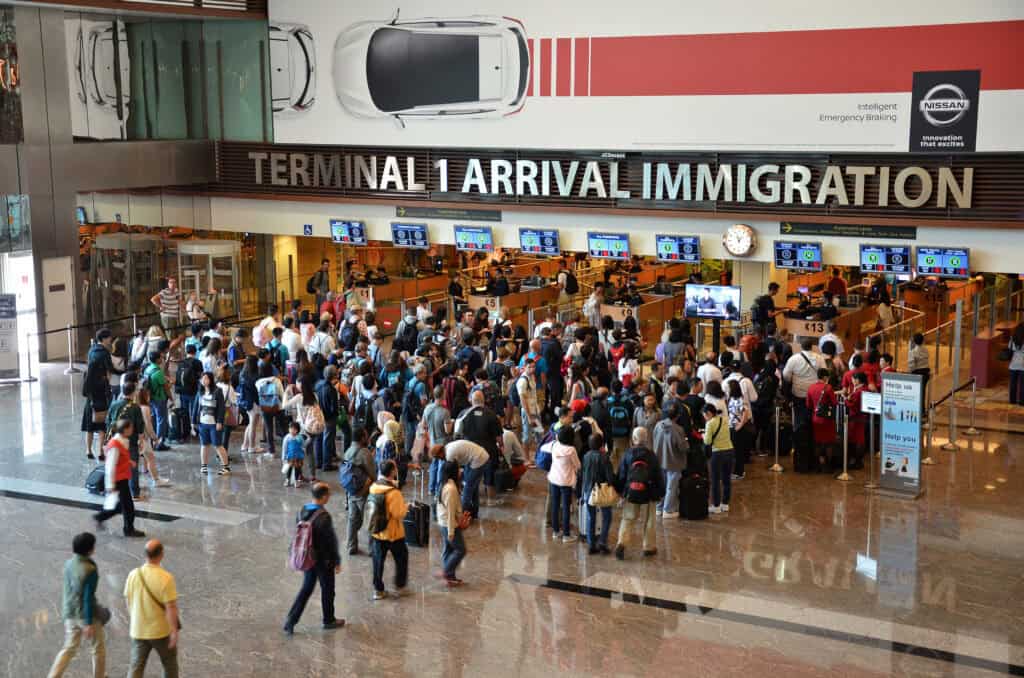
Travel rules rarely stay theoretical. They change who boards a plane, where a conference lands, and which cities feel busy or quiet. A U.S. ban affecting 12 nations now shapes choices in ways that ripple far beyond consulates. Families postpone reunions. Airlines adjust routes. Universities rethink how to welcome a class. The pattern is uneven across states and seasons, yet the effects add up. What this really means is simple. Tourism follows clarity, and clarity lives where paperwork, timing, and welcome feel predictable.
Student Pipelines Are Re-Routing
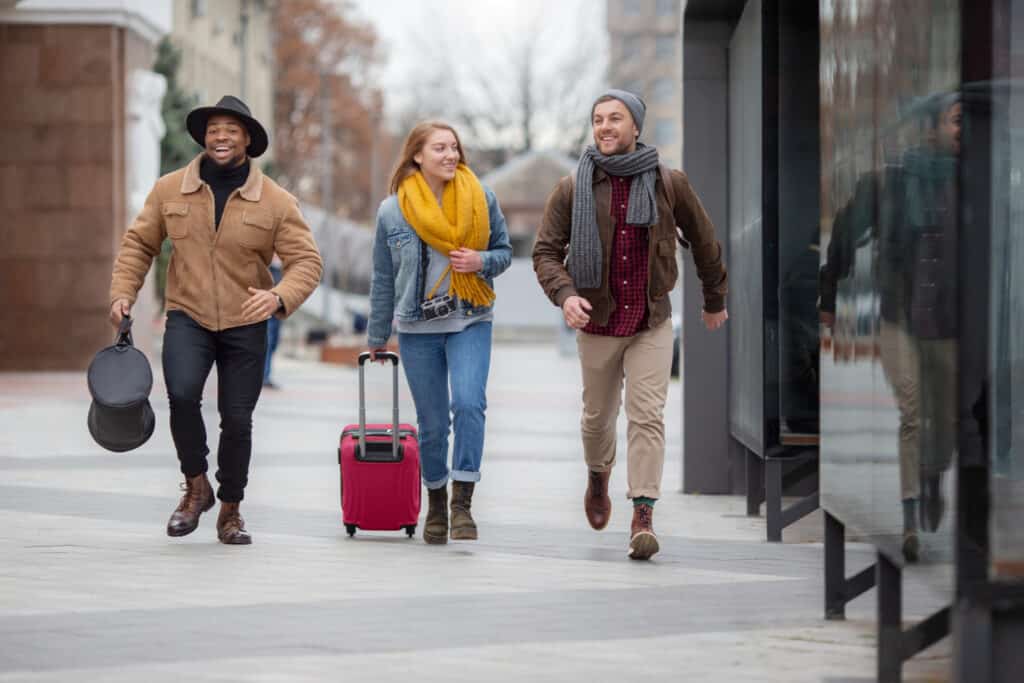
Universities that once counted on steady arrivals from the 12 affected nations now see paperwork stall and travel risk climb. Advisers encourage students to defer trips, shift to online starts, or choose degrees in Canada, the UK, or Australia where timelines feel predictable. The ripple touches housing, lab staffing, and campus jobs. Regional schools that simplify visas inherit demand, while U.S. programs build remote labs and midyear intakes to keep cohorts intact.
Conferences And Trade Shows Are Moving
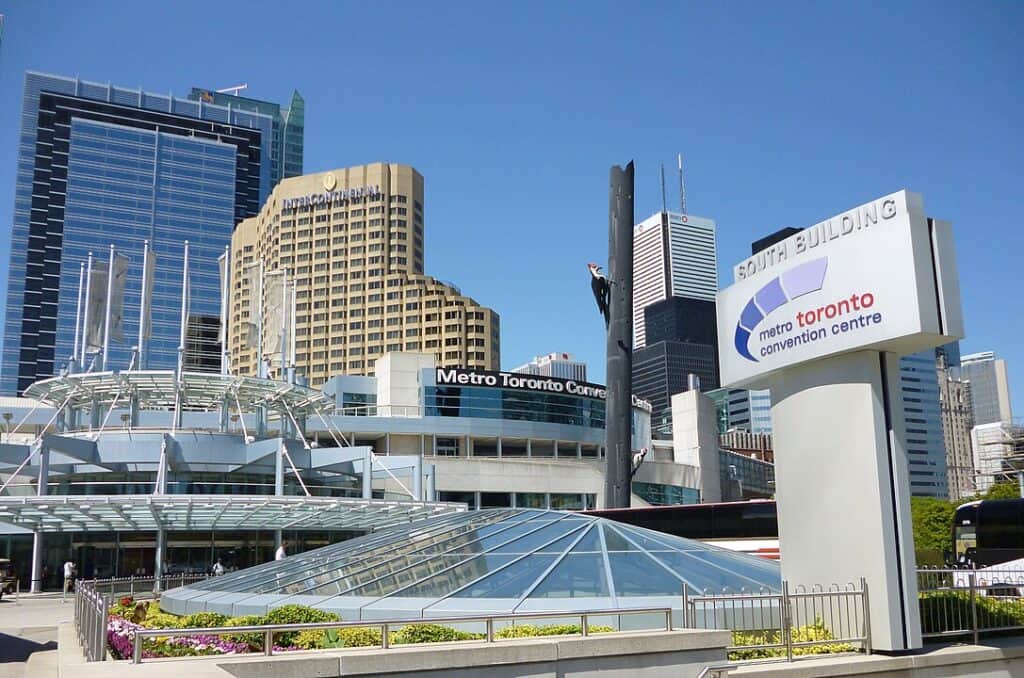
Planners move expos and science meetings to Toronto, London, or Berlin to avoid last minute denials for presenters from banned countries. Hybrid formats survive, but many groups prefer a single in person host city with cleaner entry rules. Vendors follow the calendar, so hotels and venues outside the U.S. gain midweek bookings once reserved for Las Vegas or Orlando. When visas feel uncertain, committees pick floors that fill easily and tech teams that do not need miracles.
Leisure Demand Is Rechanneling
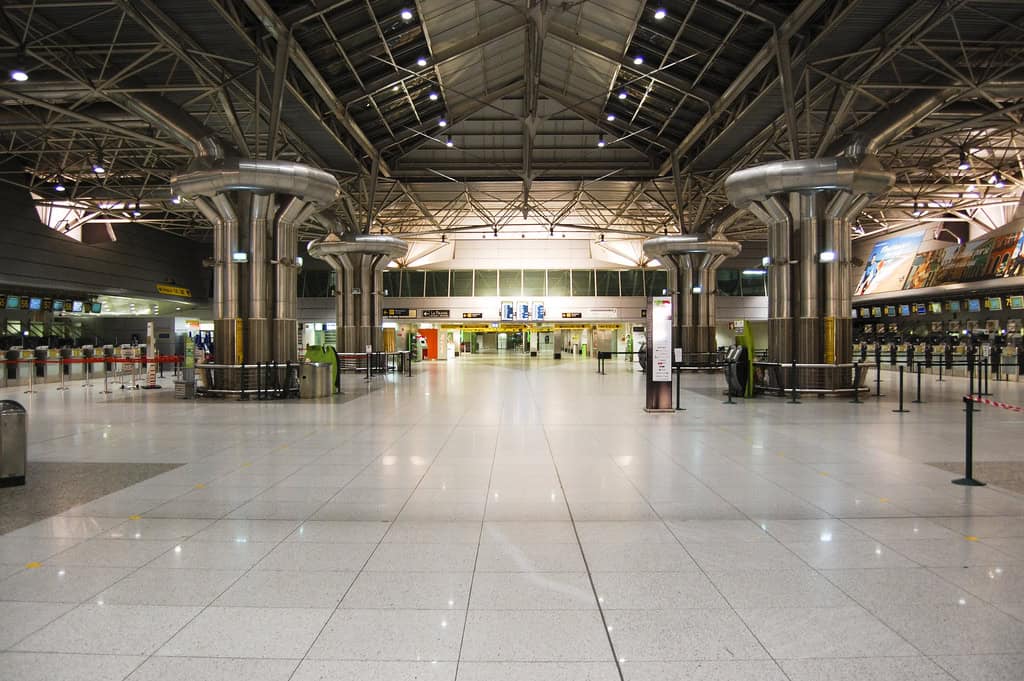
Leisure travel from the 12 nations contracts first, and nearby markets take the spend. Families who once paired New York with a theme park now pivot to Montreal, Lisbon, or Dubai where approvals are routine and itineraries feel safe from last minute changes. Tour operators reprice long haul packages to Europe and the Gulf, and advertising shifts toward destinations that promise simple entry. Once a household builds new habits, the replacement trip often becomes the tradition for years.
Airlines And Hubs Are Rebalancing
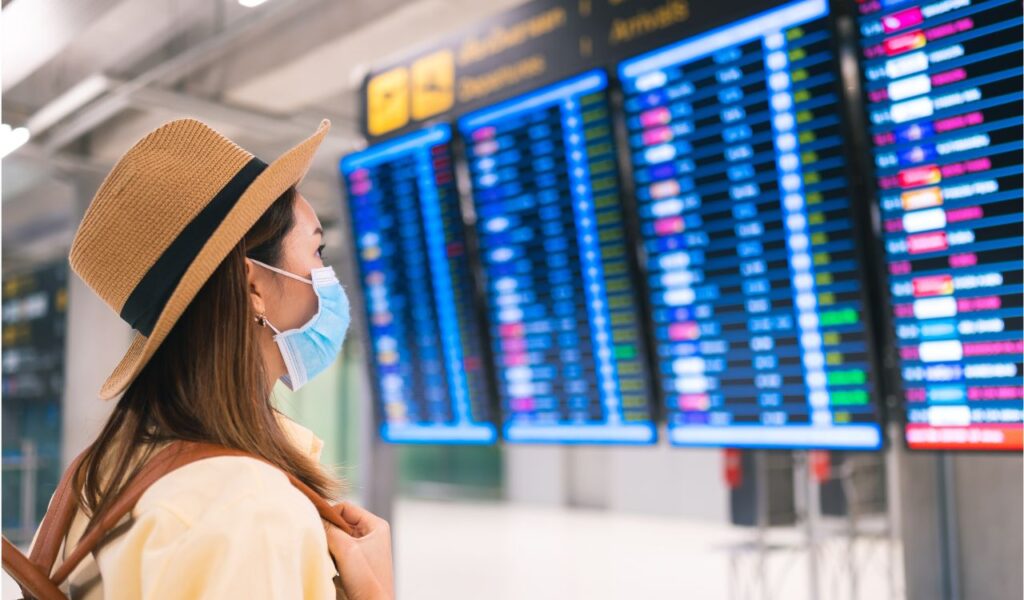
Airlines trim U.S. seats on affected feeders and add capacity to alternate hubs that connect onward to Europe or Asia without an American stop. Schedule planners chase certainty, nudging aircraft toward corridors with steady demand, open airspace, and low denial risk. Secondary airports with friendly transit agreements win new service, while some U.S. gateways see thinner midnight banks. Fares respond in kind, climbing where options shrink and easing where carriers compete to anchor a new habit.
Reciprocity And Regional Responses
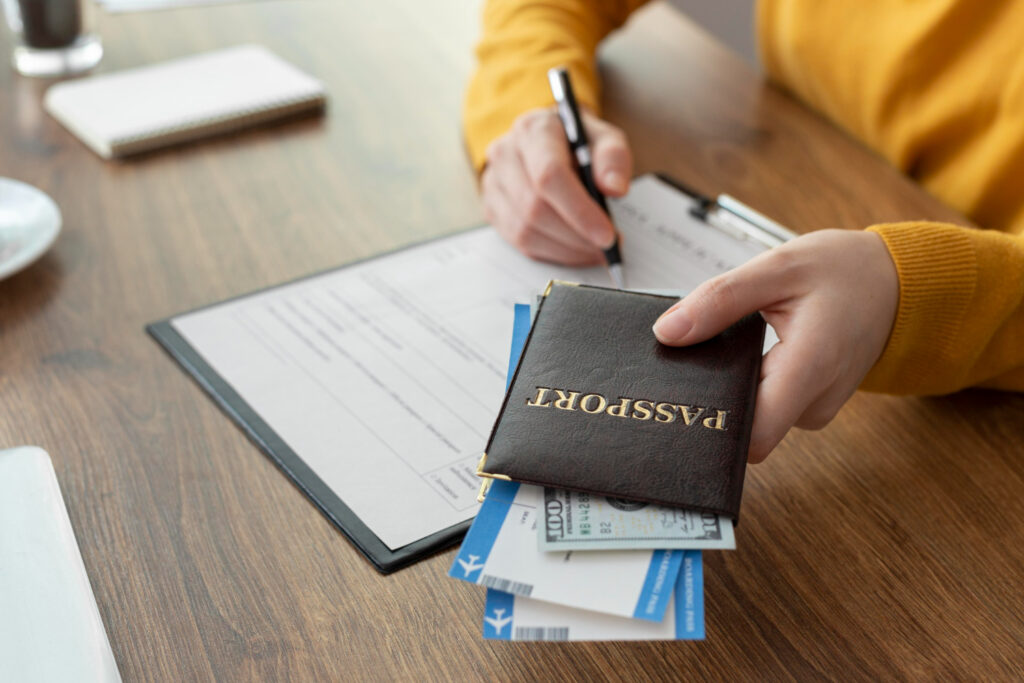
Policy rarely travels alone, so partner nations test reciprocal steps that add friction in unexpected places. Extra documentation, security bonds, and slower interview slots emerge for certain applicants, even when tourism is not the target. Business schools and orchestras learn to route tours through friendlier consulates, and sports leagues pick neutral sites to protect schedules. Every added form pushes travelers toward regions where paperwork takes hours, not weeks, and where rules feel steady across seasons.
Corporate Travel And Insurance Are Tightening
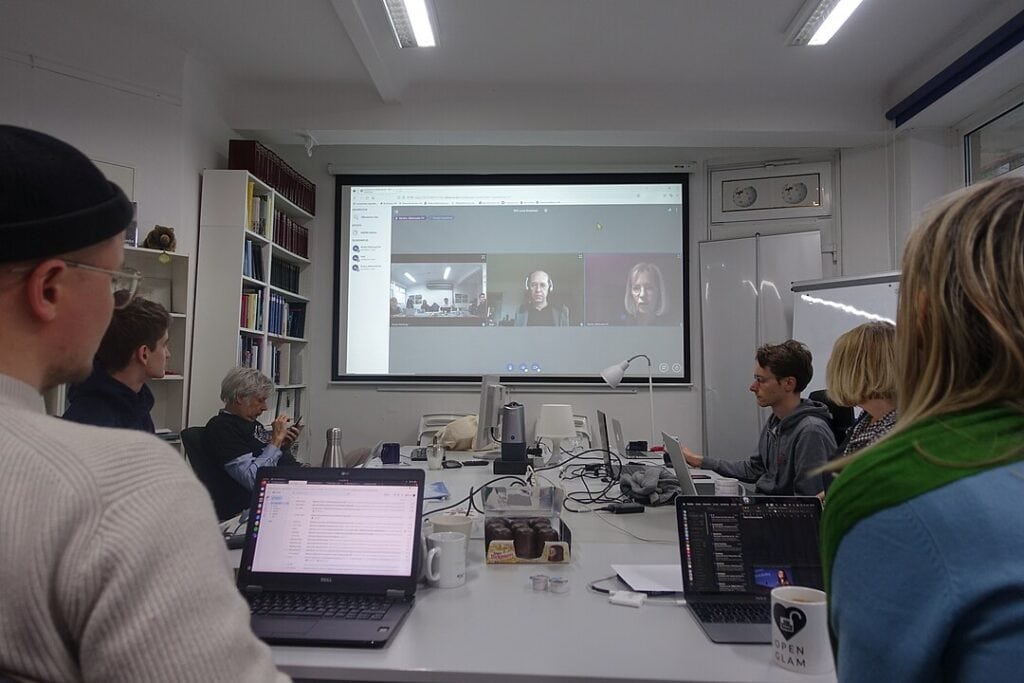
Risk teams rewrite corporate travel playbooks. Invitations shift to cities where all colleagues can attend without special waivers, and insurers price policies with new exclusions for last minute changes. Sales cycles move to video until a neutral venue is booked, which spreads meetings across Canada, the Caribbean, and Western Europe. Once a company relocates an annual summit, vendors and clients adjust their muscle memory, and the old default loses gravity.
Local Tourism Economies Feel The Drag
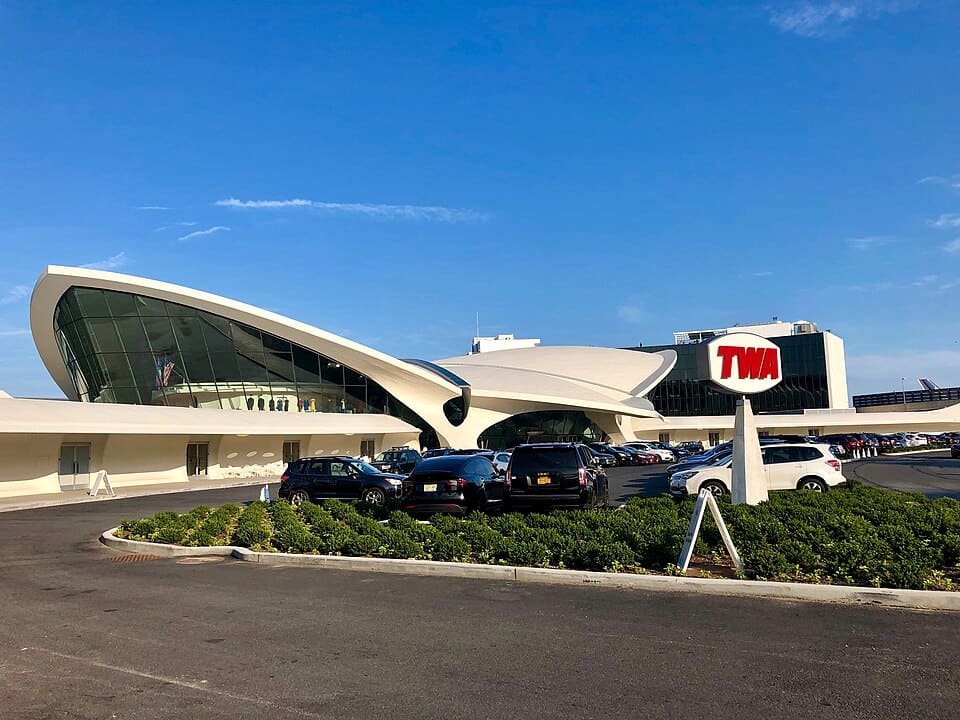
Local economies near major gateways register the change in small ways that add up. Airport hotels lose midweek conventions, museum attendance dips after big openings, and restaurants near downtown arenas see fewer group tables. Tourism boards pivot to domestic campaigns, and universities court regional visitors to fill commencement blocks. Recovery depends on clarity more than slogans, because travelers reward places where rules, refunds, and timelines stay plain.
Families And Diaspora Travel Are On Hold
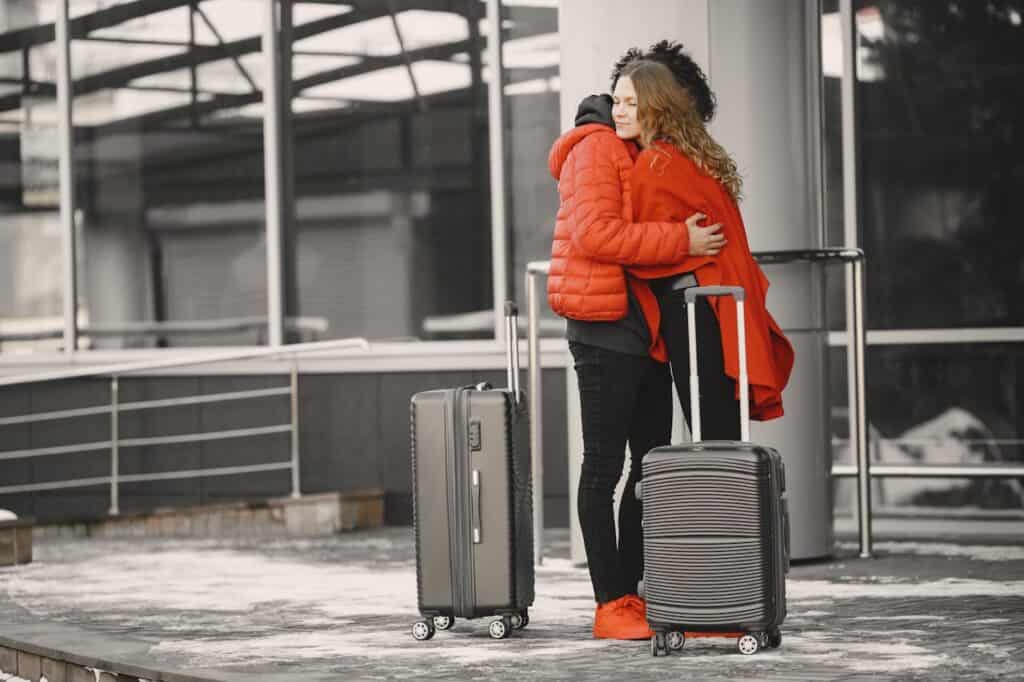
For diaspora families, the policy feels personal. Weddings shift to third countries, elders postpone reunions, and emergency visits turn into paperwork marathons with uncertain outcomes. Community groups publish travel clinics, lawyers host weekend Q and A sessions, and churches coordinate notarized letters and backups. The emotional tax is real, yet the networks prove strong, building playbooks that keep care moving even when borders complicate the route.
How Policy Shapes Habits Long After Rules Change
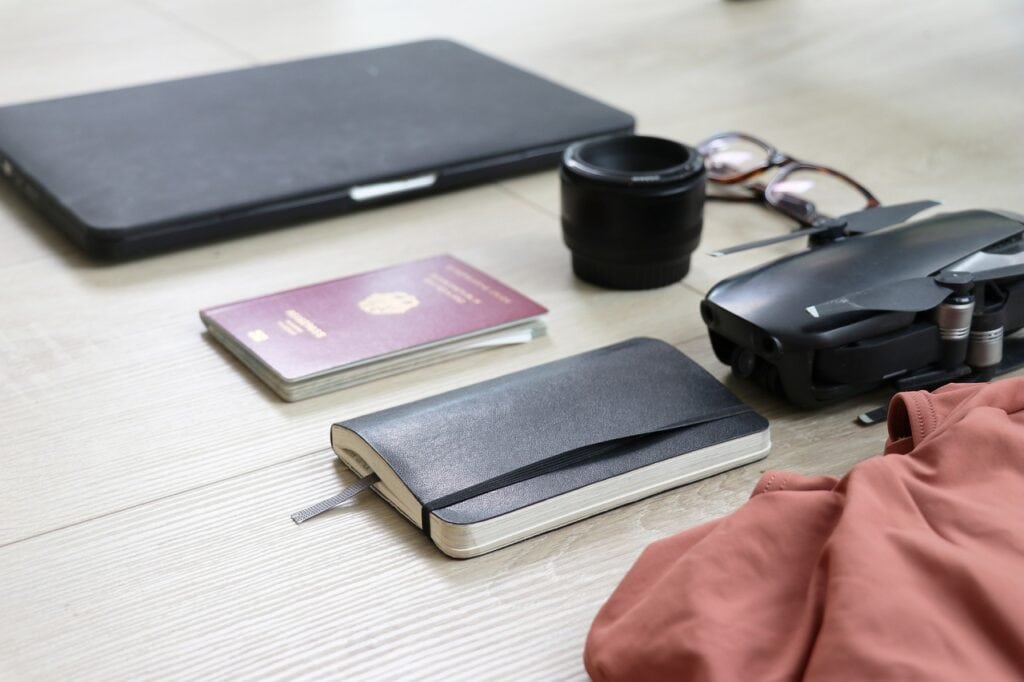
Travel patterns don’t snap back automatically. Once students enroll elsewhere, conferences settle into new host cities, or families establish third-country meetups, those routines stick. Airlines lock schedules, hotels build sales pipelines, and institutions rewrite calendars around the new normal. Even if restrictions ease later, winning back trust takes time. In travel, momentum is everything, and policies often reshape it long after the headlines fade.